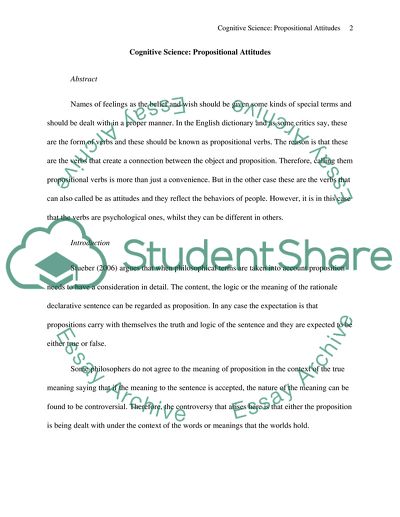Cite this document
(Cognitive Science: Propositional Attitudes Research Proposal, n.d.)
Cognitive Science: Propositional Attitudes Research Proposal. Retrieved from https://studentshare.org/psychology/1725072-cognitive-science
Cognitive Science: Propositional Attitudes Research Proposal. Retrieved from https://studentshare.org/psychology/1725072-cognitive-science
(Cognitive Science: Propositional Attitudes Research Proposal)
Cognitive Science: Propositional Attitudes Research Proposal. https://studentshare.org/psychology/1725072-cognitive-science.
Cognitive Science: Propositional Attitudes Research Proposal. https://studentshare.org/psychology/1725072-cognitive-science.
“Cognitive Science: Propositional Attitudes Research Proposal”, n.d. https://studentshare.org/psychology/1725072-cognitive-science.


